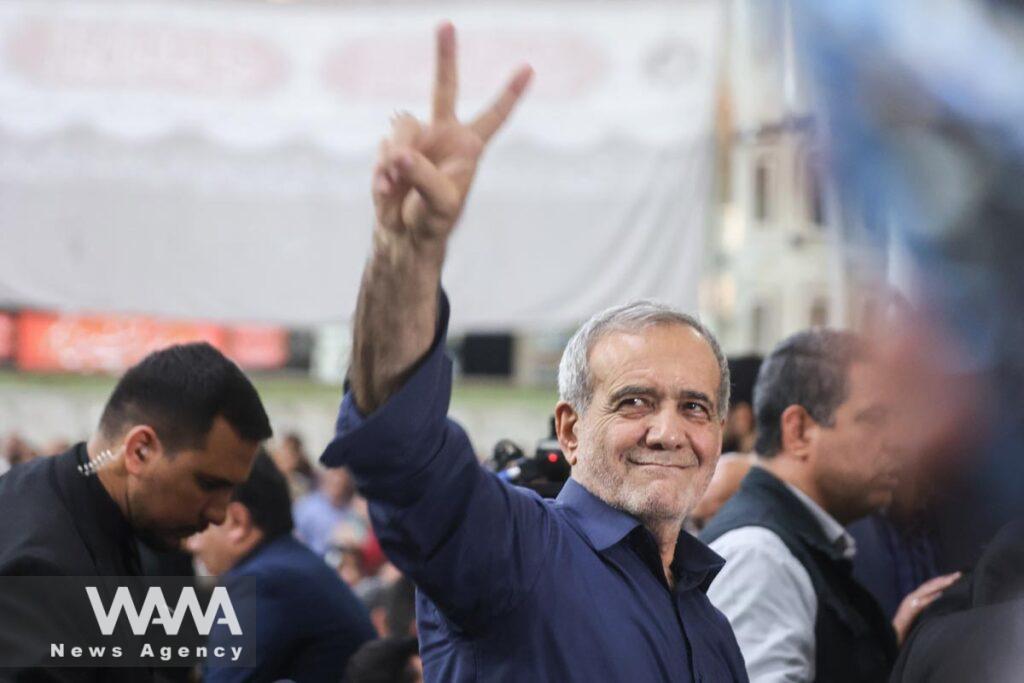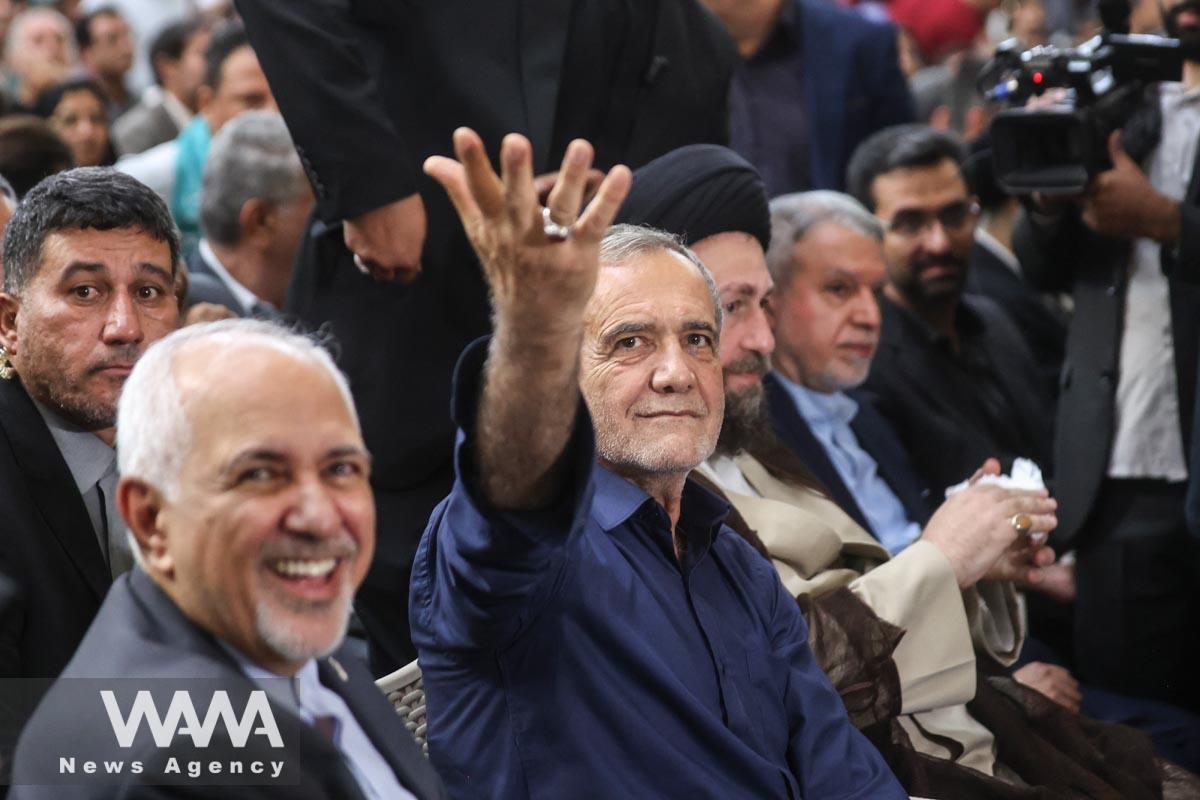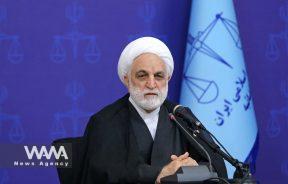Iran’s New President: Pezeshkian’s Opportunities and Challenges in International Relations
WANA (July 07) – The election of Massoud Pezeshkian as the new President of Iran has garnered widespread attention from international experts and observers. His tenure could bring significant changes to Iran’s domestic and foreign policies, impact international relations, and mark a pivotal moment in the country’s political history.
Given Pezeshkian’s background in supporting reforms and his more moderate stance on foreign policy, his election could present an opportunity to improve Iran’s relations with Western countries and reduce sanctions.
International Impacts of Pezeshkian’s Election:
Preventing Further Sanctions:
As a reformist figure, Pezeshkian has a history of criticizing Iran’s domestic and foreign policies and has expressed readiness for negotiations with the West. This could reduce tensions, prevent further sanctions, and attract foreign investments.
By declaring a willingness to negotiate, there is a higher likelihood of economic sanctions being lifted and improved relations with Western countries. This moderate approach could mainly prevent harsher sanctions and aggressive actions against Iran, even if Donald Trump returns to power in the US.
While Pezeshkian has been a vocal critic of how domestic protests have been handled, describing them as “unscientific and incorrect,” his support for the Islamic Revolutionary Guard Corps (IRGC) remains significant. It could remain a point of contention with the West.
Improving Relations with the US and Key Role in Nuclear Issues:
Pezeshkian has emphasized resolving nuclear issues and improving relations with the US, potentially opening new international opportunities for Iran and aiding economic improvement. Better US relations could attract foreign investments and foster Iran’s economic development.
He supports returning to the 2015 nuclear agreement and believes Iran should negotiate with the US and other global powers to lift sanctions. Pezeshkian has stated, “We must engage in dialogue and diplomacy to defend our rights and assure the international community that our nuclear program is peaceful.”
Enhancing Regional Relations:
Pezeshkian also advocates for improving relations with neighbouring countries, believing Iran should cooperate with its neighbours to achieve regional peace and stability. This approach could reduce regional tensions and foster new alliances.

Iran’s President-elect Masoud Pezeshkian waves during a gathering with his supporters at the shrine of Iran’s late leader Ayatollah Ruhollah Khomeini, in the south of Tehran, Iran, July 6, 2024. Majid Asgaripour/WANA (West Asia News Agency)
Challenges Ahead for Pezeshkian:
Public Trust and Domestic Challenges:
Although Pezeshkian has garnered substantial public trust, he faces numerous domestic challenges, including unemployment, improving livelihoods, lifting sanctions, and addressing internet censorship. His promises of economic reforms and reducing oil dependency require precise planning and effective implementation.
In election debates, Pezeshkian candidly criticized many of the country’s current issues, pledging to address them despite not providing detailed plans.
Managing the Economy and Public Welfare:
Iran’s economy has faced significant challenges in recent years, including unemployment, inflation, and poverty. Pezeshkian has stated, “My plans include job creation, economic reforms, and reducing oil dependency. We must leverage our domestic capacities and human resources.”
Internal Opposition:
Despite broad support, some hardline and conservative factions may oppose his proposed reforms, potentially limiting his ability to implement them.
Conflict with IRGC Policies:
Pezeshkian’s support for the IRGC, while being accused by some reformists of collaborating with it, means he must balance his support for the IRGC with his reform agenda to gain international and domestic trust.

Iran’s President-elect Masoud Pezeshkian waves during a gathering with his supporters at the shrine of Iran’s late leader Ayatollah Ruhollah Khomeini, in south of Tehran, Iran July 6, 2024. Majid Asgaripour/WANA (West Asia News Agency)
Nuclear Issues and International Negotiations:
One of Pezeshkian’s significant challenges is addressing nuclear issues and managing international negotiations. He must demonstrate his competence in this area and build global trust to reach new agreements beneficial to Iran and the international community.
Massoud Pezeshkian, with his blend of reformist ideals and loyalty to the principles of the Islamic Republic, could play a crucial role in improving Iran’s international relations.
His election and the increased voter turnout in the second round reflect a new hope and motivation among the people for change and improvement in the country’s situation and significant shifts in Iran’s political landscape.
He faces many internal and external challenges but also has numerous opportunities that could benefit Iran and its people. Pezeshkian must capitalize on these opportunities, implement effective programs, and maintain public trust.
His success in fulfilling his campaign promises and tackling existing challenges will determine whether these changes will be enduring.
By WANA writer: R. Hejazi












